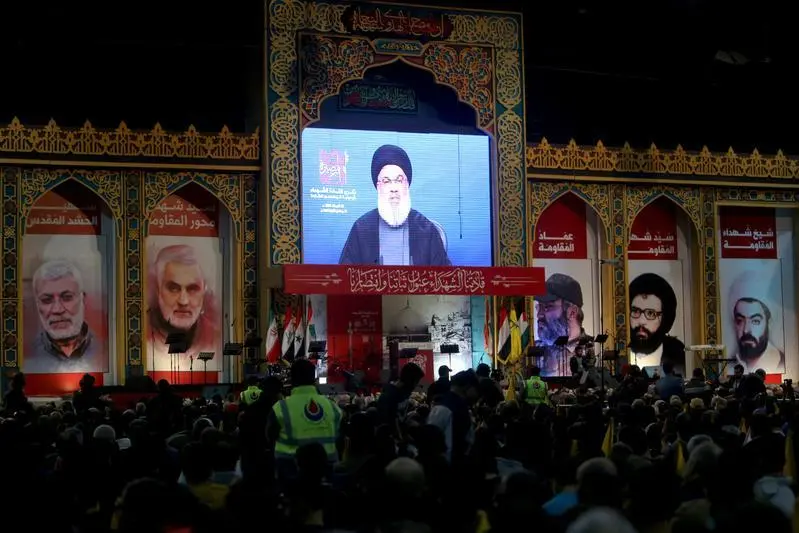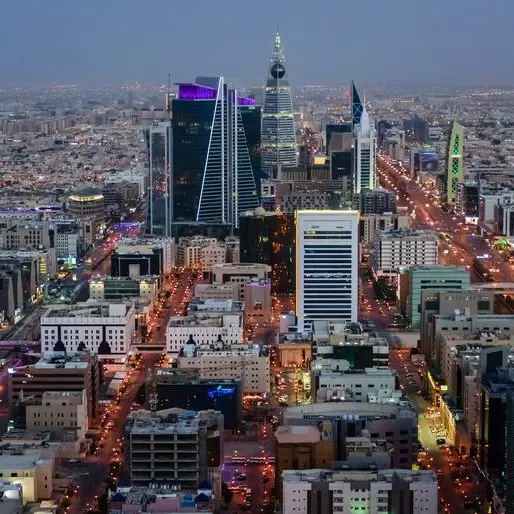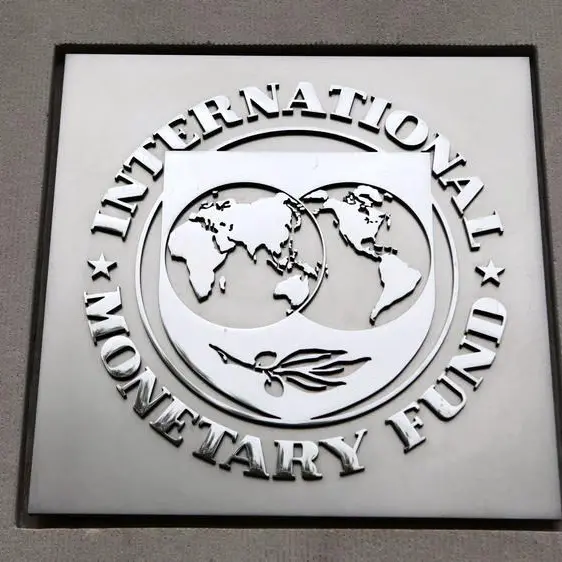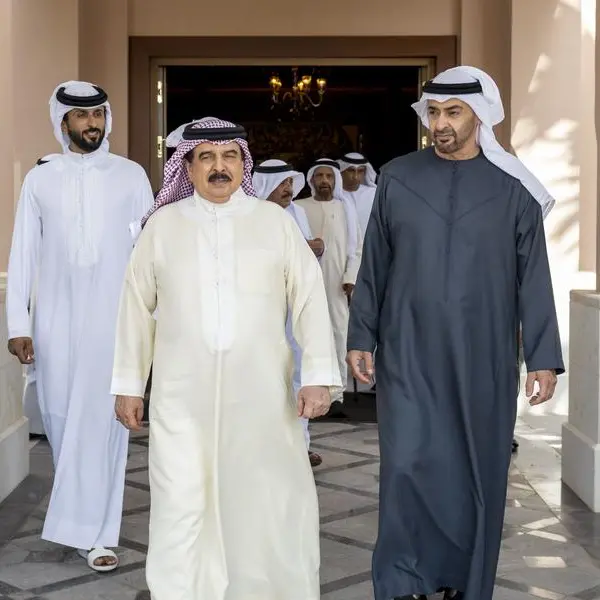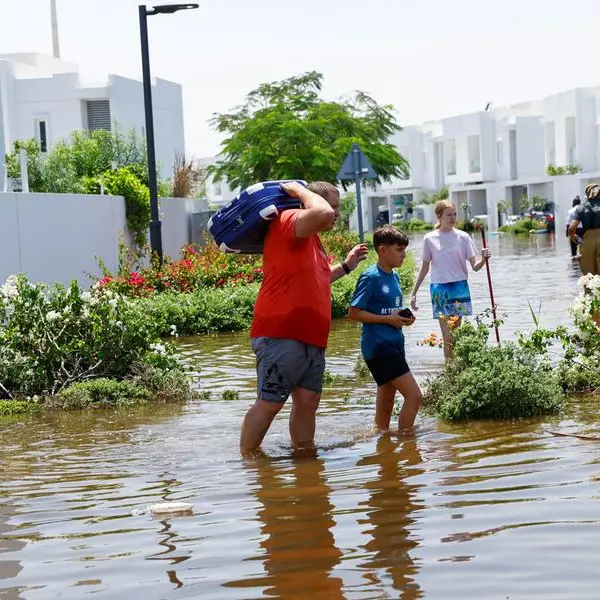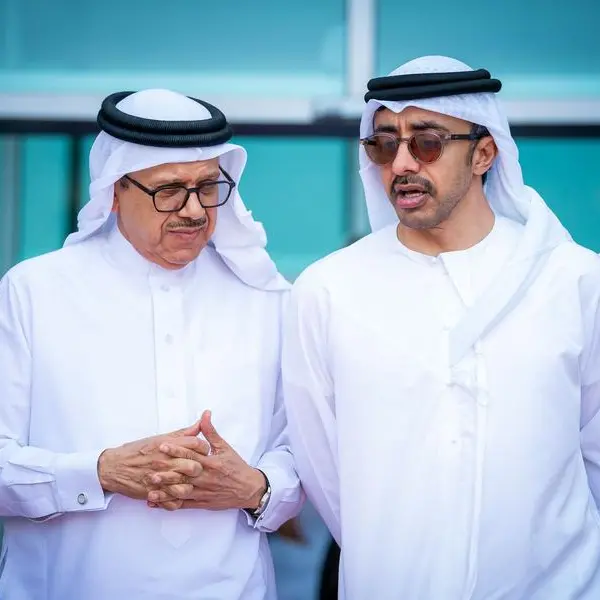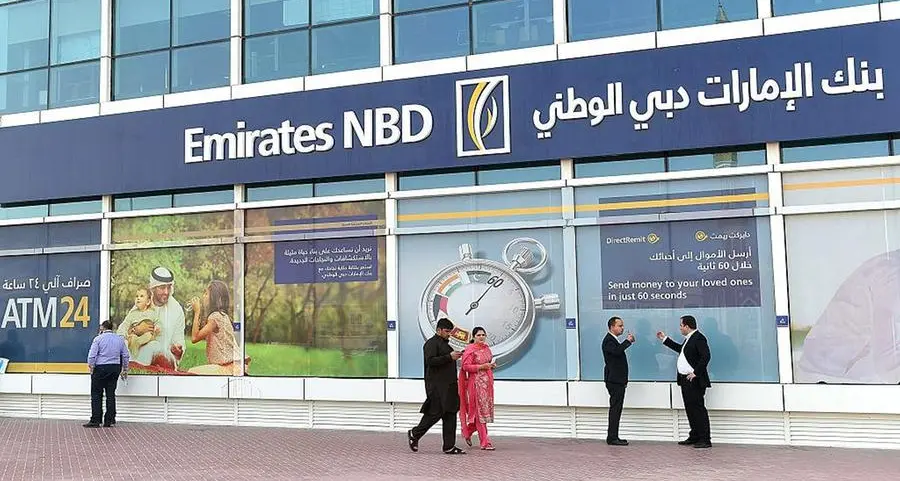PHOTO
He also knew that the Special Tribunal for Lebanon’s investigation into the assassination of Lebanese Prime Minister Rafi Hariri in 2005 would not result in any direct accusations against his group, and that in any case no verdict would be reached without his approval. He knows this because his regime holds Lebanon in its iron fist as the nation crumbles.
Beyond its military arsenal, he knows his group has something that those who oppose him always lack: Discipline, unity and consistency. His ally, President Michel Aoun, ensures that his organization has the same characteristics. Their unity remains as solid as a rock, whereas the traditional, self-proclaimed, political opposition, composed of the remnants of the March 14 Alliance, unites and splits according to tactical interests and so are now in complete disarray.
The protests that followed the explosion in Beirut did not last very long, which is a sign of the exhaustion among the public and a lack of leadership. This has been a recurring theme for 15 years. After the assassination of Hariri, the political opposition to the Syrian occupation attracted protests on a scale that had not been seen before and, following international pressure, the Syrian Army withdrew. This was one of the few times the opposition was able to achieve a big victory. Yet, as the Syrians withdrew they left the keys to Lebanon with Hezbollah, and since then the opposition has been disorganized and mostly unfocused, despite their previous ability to mobilize large protests.
Both the Syrian regime in Lebanon and its successor were very focused on eliminating any leadership capable of creating the same sense of unity, discipline and consistency their movements possessed. Those who would not negotiate the country’s sovereignty, those who would not accept a consensus on the values of the nation, those who would bring people together and create the militancy necessary to achieve these difficult goals have all been removed — one way or another.
Through a combination of assassination of the toughest and intimidation of the weakest, therefore, Hezbollah has kept the opposition in shambles, incapable of capitalizing on the huge crowds and their spontaneous shows of support. Hundreds of thousands, millions even, could take to the streets yet nothing would be achieved, politically.
A major reason is the aforementioned lack of unity, consistency and focus among an opposition that acts more like a collection of tribes than a coherent political movement. They consistently fail to achieve any significant victories and instead accept the low-hanging fruit of temporary, ephemeral political gains. Usually this just means the resignation of the latest government or the promise of new elections, while the regime remains untouched.
The opposition is unable to achieve anything substantial because it is composed of billionaires, socialists and clan leaders; as a result, their decision-making process and alliance is bound to crack due to conflicting agendas and a tendency to blame each other when faced with setbacks and failures.
Hezbollah, however, and to some extent Aoun, have built within their respective organizations a common belief and ideology to which all are committed. The clan leaders, on the other hand, are committed only to their own personal interests.
The strength of Hezbollah’s militancy and organization, and the respect for its chain of command, are among the key strengths that the other parties and groups lack. This makes it easy for the well-organized minority to force change on the disorganized majority.
Put it this way: The majority knows how to protest but after they go home, there is no strong political organization that can build on their efforts to achieve meaningful political change, so everything is lost.
Therefore Nasrallah can smile and play a simple waiting game, because he knows that if he bides his time nothing will happen, nothing will change. All the presidents and kings of the world could come to Lebanon and offer their support, any number of international investigations could be launched — nothing will loosen his grip on the country.
Another point to remember, whether one likes it or not, is that Hezbollah and Aoun do not sell out their friends. They protect and stand by the members of their groups fully and unconditionally, whether they are right or wrong. If any of their number is smeared or attacked, they retaliate against the source of the pressure, regardless of who it is, with all their power and strength. All members can count on protection and full support.
The opposition, however, often abandons its own members when faced with accusations it considers serious, such as claims that an individual is “working with Israel,” or they willingly make sacrifices for a political deal. For example, if Gibran Bassil were part of any other organization other than the Free Patriotic Movement, he would have been removed and abandoned long ago.
The question, therefore, is who is the real opposition now? Leaders from the March 14 Alliance have made too many political deals with Hezbollah and have been in and out of governments in which Nasrallah ruled. Even as the Lebanese people continue to suffer, they are discussing the formation of a new government as if nothing has happened — they are not the least bit worried nor do they care about the screams of the people.
The opposition is no longer opposed to a government but to a regime. Those organizing the protests claim to be this new opposition, to be leaderless, and to come from all religions and across the political spectrum. They apply a decentralized organizational method that might protect them from being targeted but it will not enable them to achieve any significant, tangible political goals. The most important of these goals are the return of full sovereignty and the disarmament of Hezbollah.
Regardless, the opposition has, for now, exhausted its capacity to mobilize and sustain large crowds, just like the boy who cried wolf. Let us also not forget that Hezbollah and the Amal Movement are quick to act when required, to prevent a protest gaining momentum.
This new opposition also suffers from the main flaw of its predecessors, which is a lack of a unified political vision and clear political goals. We have seen world leaders, especially Europeans, visit Lebanon recently and, essentially, do what the Lebanese opposition has done: Take photographs, make great declarations and move on. Once they understand the reality of the situation, and their attention returns to their own national interests, their tone changes and the international support drifts away.
And frankly, those who come to see for themselves the political forces in Lebanon do not see a viable alternative to the current regime. So aside from the US, which is clear about its position, they all start to push back on the accusations against Hezbollah, and come up with the same stupid idea of forming a unity government or a technocrats’ government, which is a suggestion that the old opposition, now part of the Hezbollah regime, has whispered in their ears.
Short of major regional changes, there are unfortunately only a few scenarios with a positive outcome for the Lebanese people. Maybe if Nasrallah remembers that in 1996, thanks to Rafik Hariri’s role, Hezbollah entered into an informal agreement with Israel, which basically defined the rules of engagement. He might be willing to grant the Lebanese people and the state the same type of agreement as he smiles for the TV cameras and targets them with violence.
- Khaled Abou Zahr is the CEO of Eurabia, a media and tech company. He is also the editor of Al-Watan Al-Arabi.
Copyright: Arab News © 2020 All rights reserved. Provided by SyndiGate Media Inc. (Syndigate.info).
